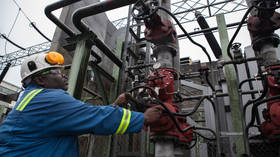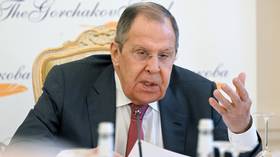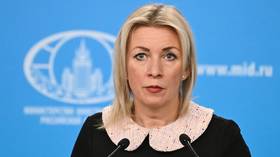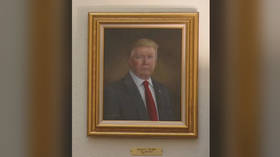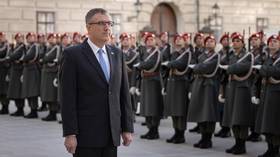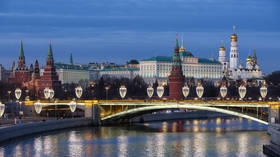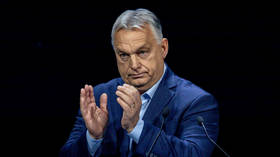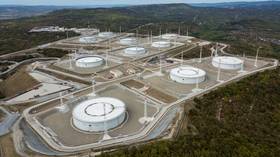Africa commits to electricity plan for 300 million people
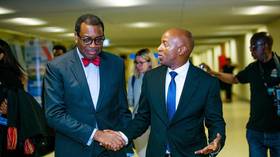
African leaders have pledged to provide electricity to 300 million people across the continent by 2030. The ambitious target was formalized in the Dar es Salaam Energy Declaration, adopted on Monday during the Africa Energy Summit in Tanzania.
The summit, held under the theme ‘Powering Africa for Reliable, Affordable, Inclusive, Sustainable, and Clean Energy for All’, brought together heads of state and key stakeholders to address the continent’s persistent energy crisis.
The initiative, known as ‘Mission 300’, was launched in April by the World Bank and the African Development Bank (AfDB) as part of efforts to accelerate electrification.
Reading the declaration, AfDB Secretary-General Vincent Nmehielle emphasized the critical need for immediate action. To support the initiative, the AfDB has committed $18.2 billion, while the World Bank has pledged $22 billion. Other commitments include $2.65 billion from the Islamic Development Bank, $1.5 billion from the Asian Infrastructure Investment Bank, $1 billion from the OPEC Fund.
Several nations, including Nigeria, Senegal, Zambia, and Tanzania, have pledged to implement reforms in their electricity sectors, increase national electrification targets, and accelerate the integration of renewable energy sources.
World Bank President Ajay Banga made it clear that the organization’s financial support would be conditional on countries implementing necessary regulatory and policy reforms. “The World Bank will pay countries as part of our support only when they make the changes,” he said.
According to projections by the World Bank and the AfDB, half of the new electricity connections will come from existing national grids, while the other half will rely on renewable energy solutions such as wind and solar mini-grids.
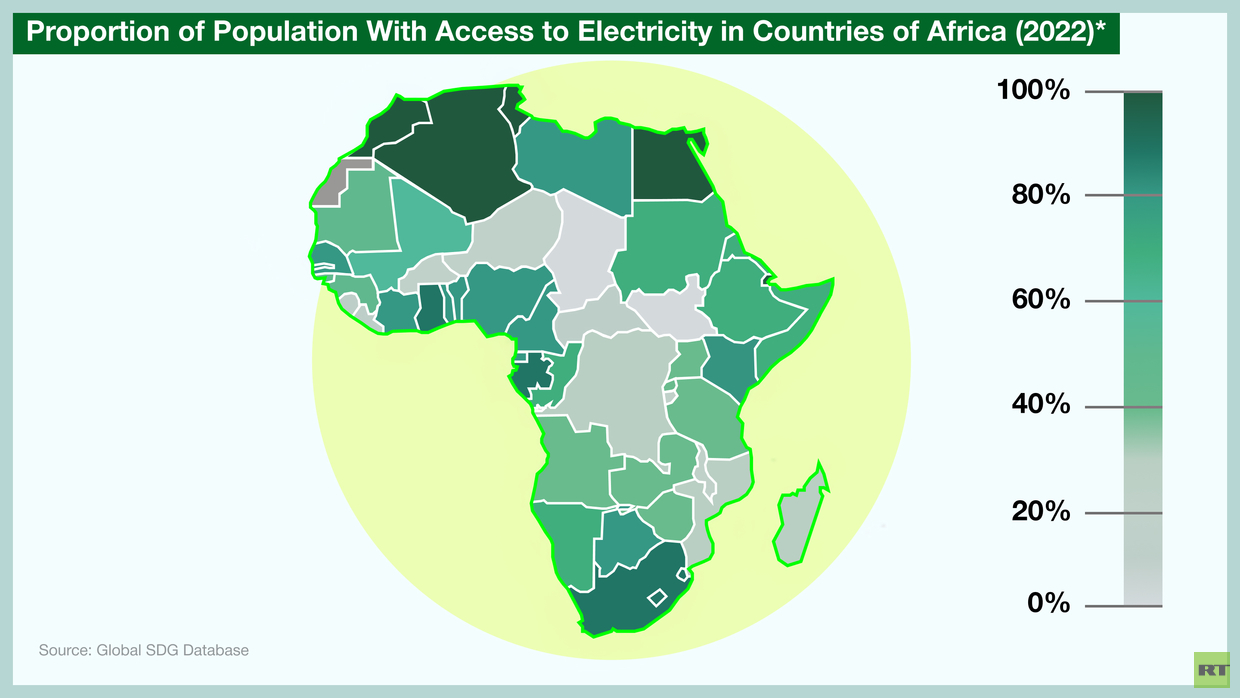
The UN Sustainable Development Group reported that approximately 600 million Africans – nearly half the continent’s population – still lack reliable access to electricity, accounting for over 80% of the global electricity access gap. Nations such as Burundi and South Sudan continue to have some of the lowest electricity access rates, according to 2022 data.
